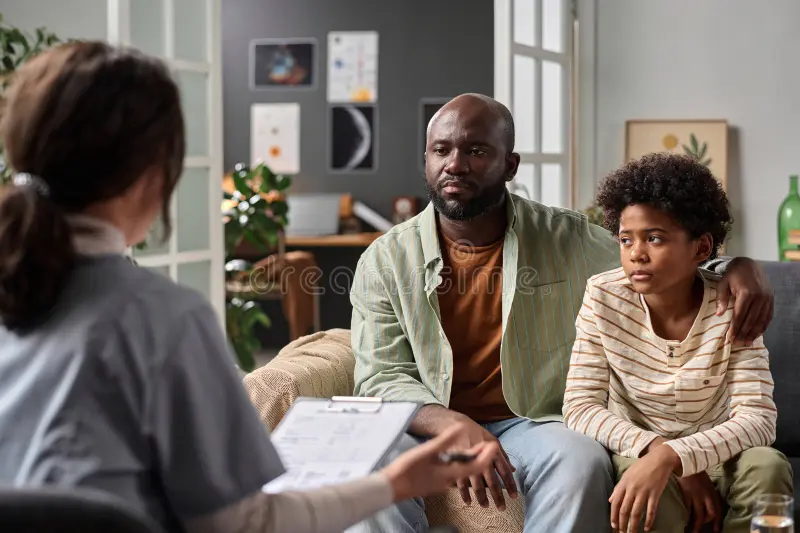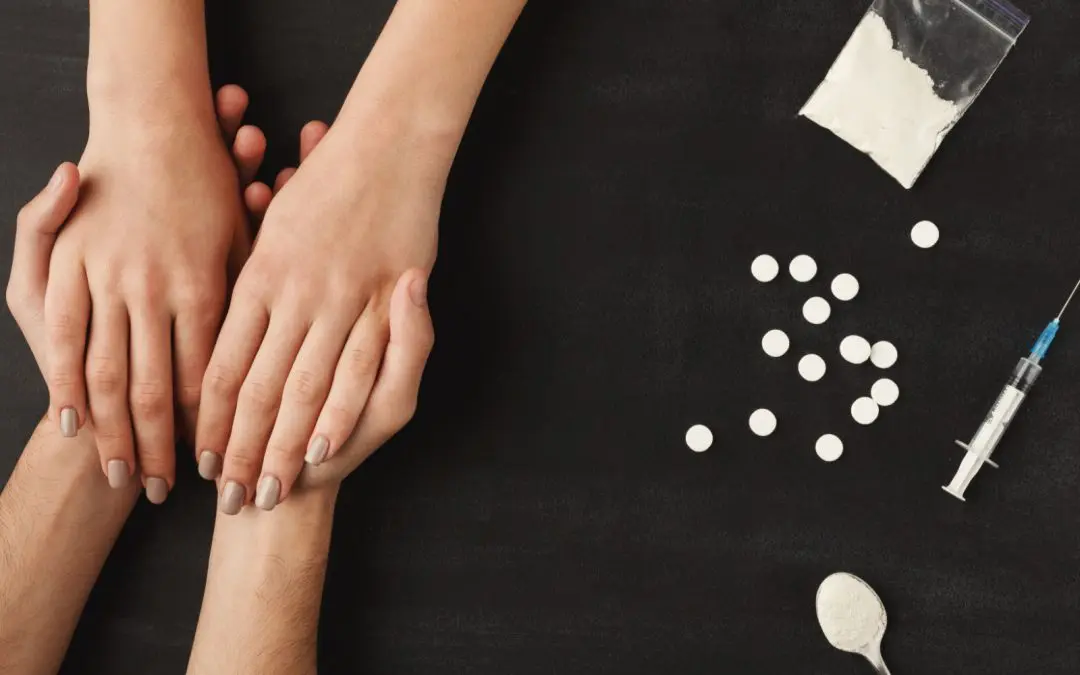24/7 Helpline:
(866) 899-111424/7 Helpline:
(866) 899-1114
Learn more about Group Therapy centers in Kinta

Other Insurance Options

Medical Mutual of Ohio

BlueShield

Health Net

United Health Care

Health Partners

GEHA

Sliding scale payment assistance

EmblemHealth

WellPoint

MVP Healthcare

Meritain

Covered California

AllWell

Evernorth
Beacon

MHNNet Behavioral Health

Ceridian

Multiplan

Health Choice

Humana












